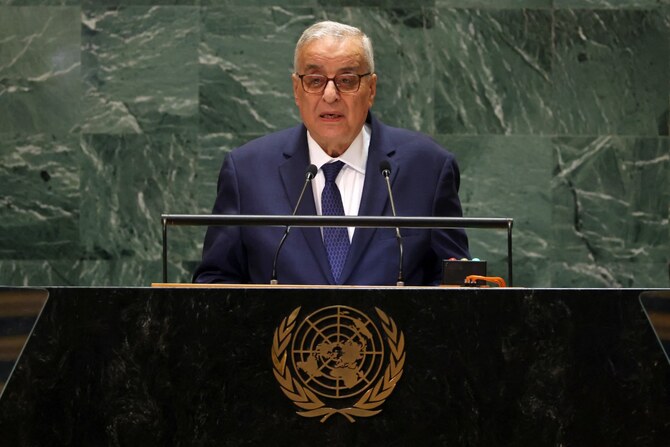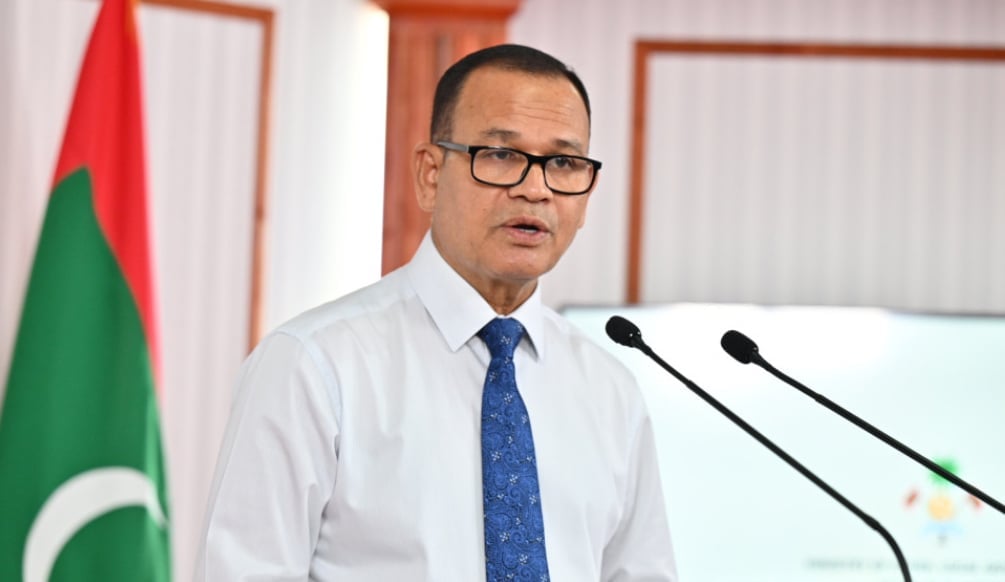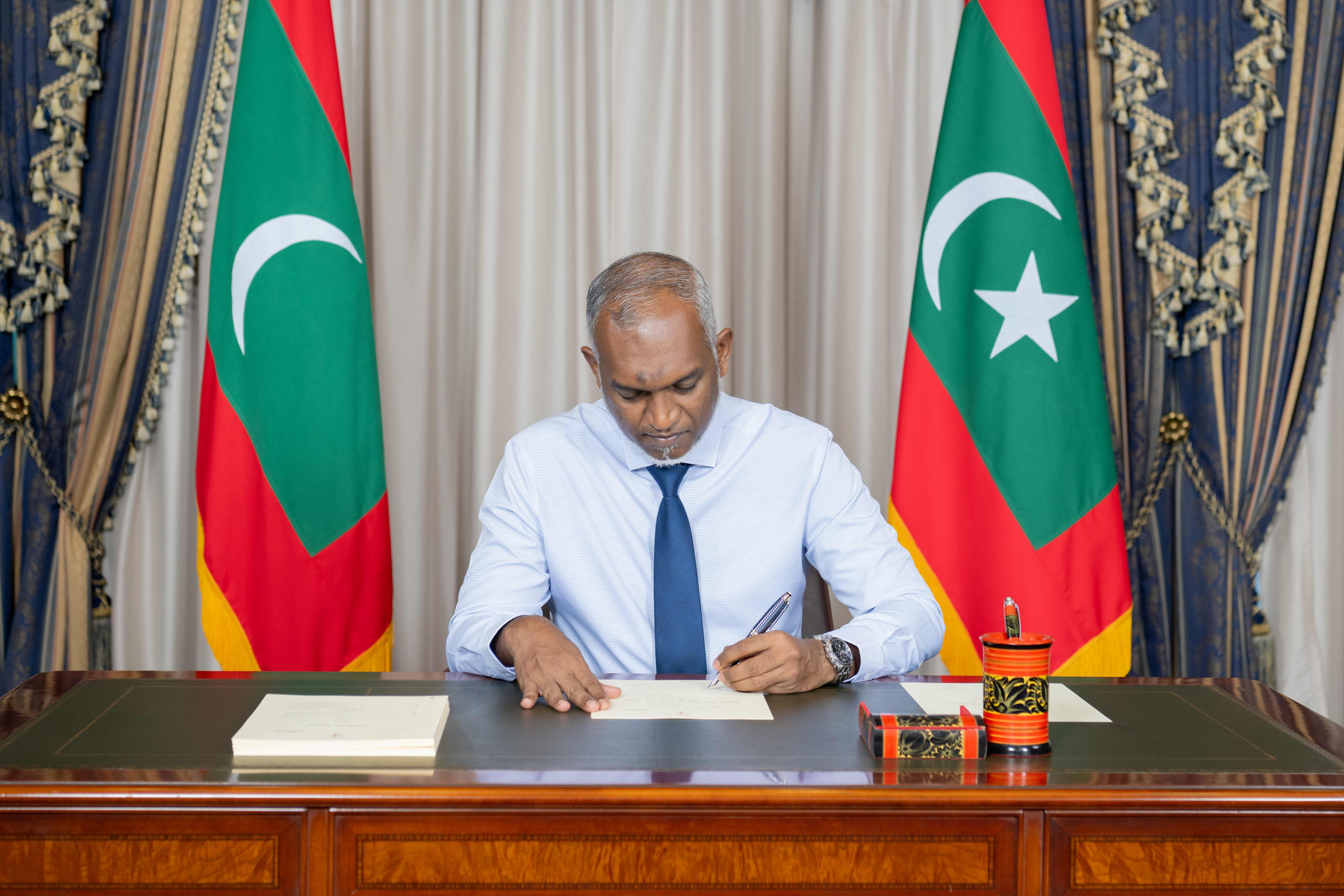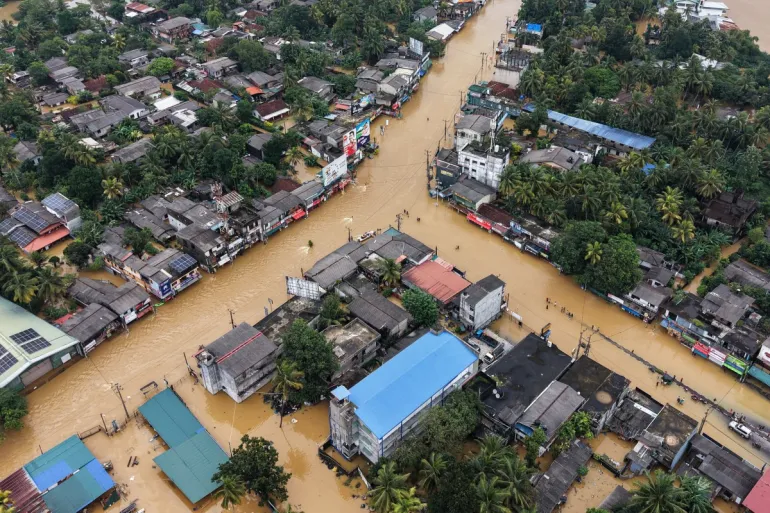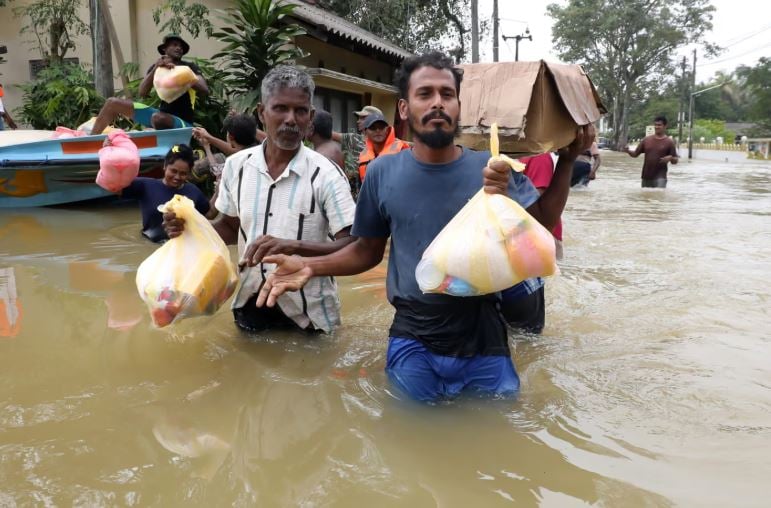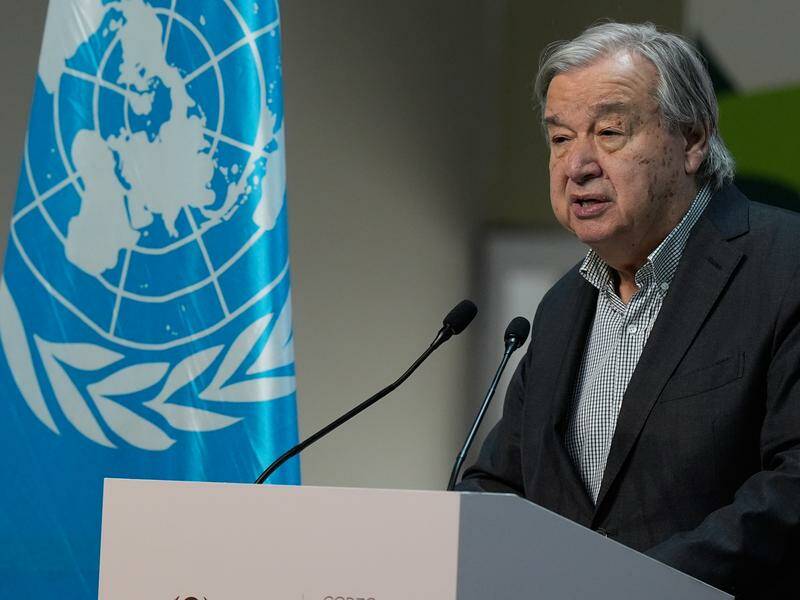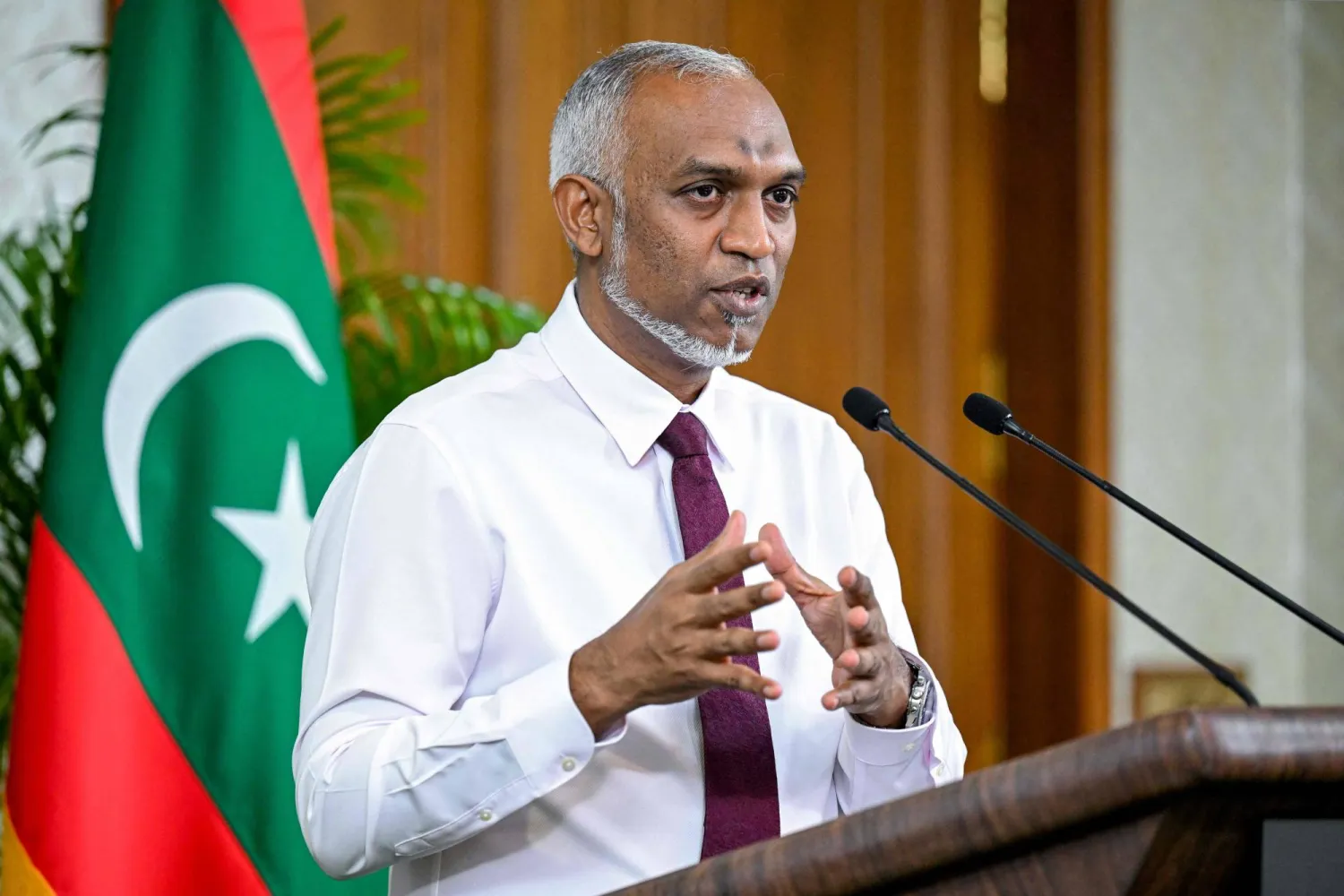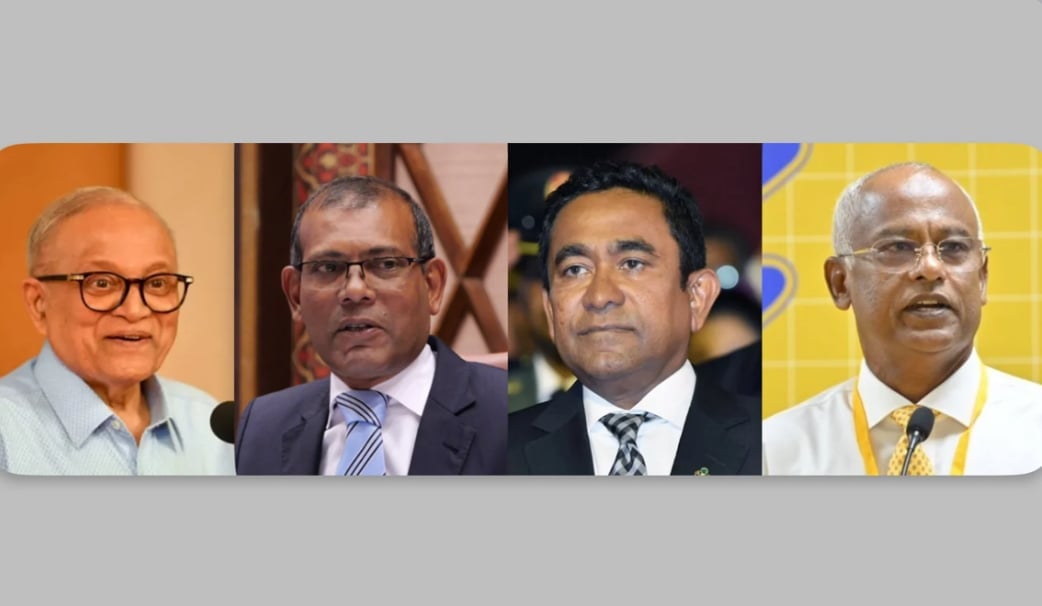Lebanon’s Foreign Minister, Abdallah Bou Habib, called for urgent international intervention on Thursday to address the ongoing crisis in his country, where Israeli attacks have claimed the lives of 700 citizens since Monday.
Speaking at the UN General Assembly, Bou Habib warned that Lebanon is facing a crisis "threatening its very existence" and that inaction by the international community could lead to a situation that "will transform into a black hole" endangering regional and global peace and security.
He welcomed a joint declaration by the US and France calling for a 21-day ceasefire between Israel and Hezbollah, urging the international community to take all necessary steps to implement the truce.
Bou Habib emphasized that Lebanon’s current situation is a result of the lack of a lasting and sustainable solution to the Israeli occupation, not the cause of it. Despite repeated Israeli aggressions, he reaffirmed Lebanon’s commitment to the UN as a "frontline of defense."
Lebanon has made significant efforts toward peace, he noted, citing the 2022 maritime demarcation agreement and a proposed peace framework along its border with Israel. However, he accused Israel of continuously avoiding meaningful negotiations.
In his speech, Bou Habib also requested international support to strengthen the Lebanese army's presence south of the Litani River by providing necessary equipment to increase troop numbers. Despite Lebanon’s ongoing economic challenges, the government has committed to sending an additional 100,000 soldiers to the south to safeguard the region.
The foreign minister praised the UN Interim Force in Lebanon (UNIFIL), which has played a key role in maintaining stability since its establishment. He questioned when Israel would finally give peace a chance, asking, "Has Israel not had enough of the endless war since 1948?"
Bou Habib concluded by reaffirming Lebanon and other Arab nations’ commitment to peace through the Arab Peace Initiative of 2002 and stressed that the responsibility now lies with Israel to break the cycle of violence and choose peace.
Speaking at the UN General Assembly, Bou Habib warned that Lebanon is facing a crisis "threatening its very existence" and that inaction by the international community could lead to a situation that "will transform into a black hole" endangering regional and global peace and security.
He welcomed a joint declaration by the US and France calling for a 21-day ceasefire between Israel and Hezbollah, urging the international community to take all necessary steps to implement the truce.
Bou Habib emphasized that Lebanon’s current situation is a result of the lack of a lasting and sustainable solution to the Israeli occupation, not the cause of it. Despite repeated Israeli aggressions, he reaffirmed Lebanon’s commitment to the UN as a "frontline of defense."
Lebanon has made significant efforts toward peace, he noted, citing the 2022 maritime demarcation agreement and a proposed peace framework along its border with Israel. However, he accused Israel of continuously avoiding meaningful negotiations.
In his speech, Bou Habib also requested international support to strengthen the Lebanese army's presence south of the Litani River by providing necessary equipment to increase troop numbers. Despite Lebanon’s ongoing economic challenges, the government has committed to sending an additional 100,000 soldiers to the south to safeguard the region.
The foreign minister praised the UN Interim Force in Lebanon (UNIFIL), which has played a key role in maintaining stability since its establishment. He questioned when Israel would finally give peace a chance, asking, "Has Israel not had enough of the endless war since 1948?"
Bou Habib concluded by reaffirming Lebanon and other Arab nations’ commitment to peace through the Arab Peace Initiative of 2002 and stressed that the responsibility now lies with Israel to break the cycle of violence and choose peace.





